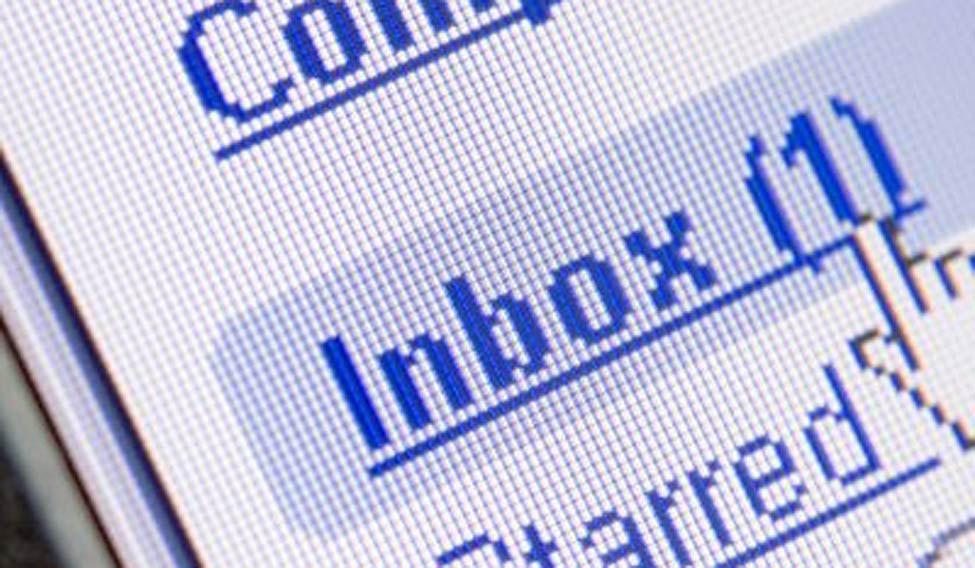India's income tax department on Friday cautioned taxpayers not to share their card personal identification numbers (PIN) or mail passwords, clarifying that it never requests such details over email.
In a statement, the department said that taxpayers must be aware the department does not seek confidential or financial information of the taxpayers over email.
"The Income Tax Department never asks for your PIN numbers, passwords or similar access information for credit cards, banks or other financial accounts through e-mail," said a Union finance ministry statement here on steps taken by the tax department to safeguard taxpayers from "phishing" emails.
"The Income Tax Department appeals to taxpayers not to respond to such emails and NOT to share information relating to their credit card, bank and other financial accounts," it said, adding it is "very sensitive and alert to attempts made by fraudsters to spoof the department's identity to send phishing emails".
It said all taxpayer reports of phishing emails are forwarded to incident@cert-in.org.in, which is a government agency mandated to fight against such threats.
Listing various best practices implemented, the statement said the use of protocols in this regard enables email receiver domains such as Gmail, Yahoo and Hotmail to determine whether or not a received email is actually from the department and block phishing emails from reaching the taxpayer.
It asked taxpayers to check for the domain name carefully as fake emails will have mis-spelt or incorrect sounding variants of websites of the tax department.
"Do not open such emails in spam or junk folder and do not reply to such emails. Do not open any attachments. Attachments may contain malicious code," it said.
"Do not click on any links and even if you have clicked on links inadvertently in a suspicious e-mail or phishing website then do not enter confidential information like bank account, or credit card details," it added.





